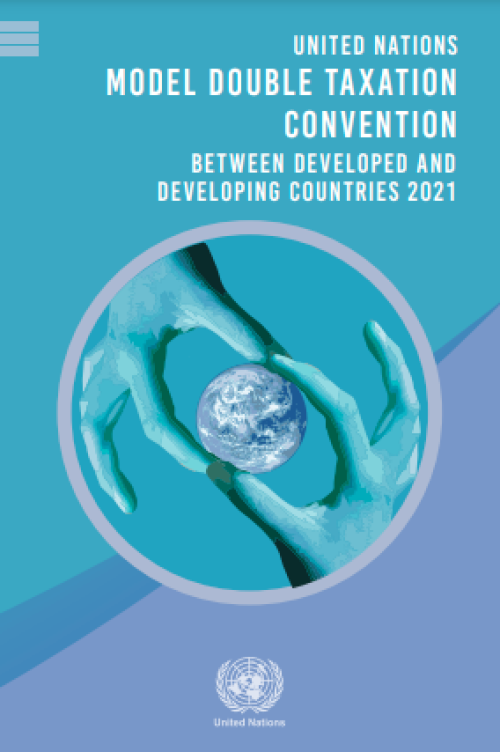
Double tax treaties aim to prevent unrelieved double taxation, in order to foster cross-border economic activity and the transfer of technology. Countries generally use models as a starting point when negotiating tax treaties. As the UN Model Double Taxation Convention between Developed and Developing Countries generally favours retention of greater host country taxing rights, it tends to be relied upon more by developing countries than the OECD Model Tax Convention on Income and on Capital.
The UN Model Taxation Convention consists of articles on the treaty’s scope and on definitions to be used in the treaty. For different kinds of income and capital, it allocates taxing rights…
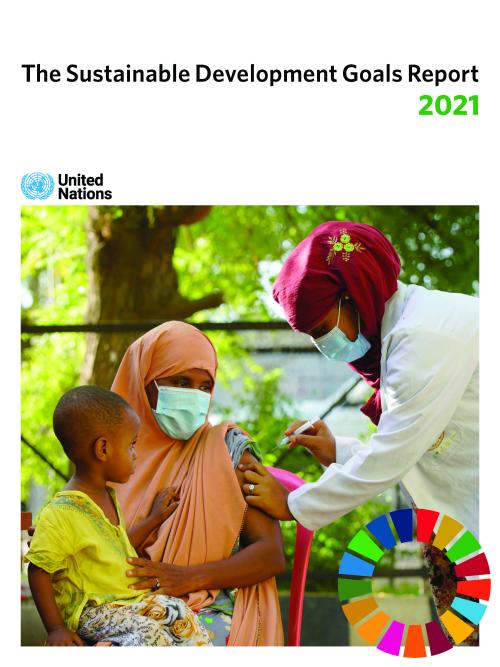
More countries and communities are recognizing the need to bolster efforts to achieve the Sustainable Development Goals (SDGs) in light of the toll the COVID-19 pandemic has taken on people around the world, according to The Sustainable Development Goals Report 2021, released by the United Nations.
The decisions and actions taken during the next 18 months would determine whether pandemic recovery plans would put the world on a course to reach the globally-agreed upon goals that aim to boost economic growth and social well-being while protecting the environment.
According to the report, which tracks global efforts to achieve the SDGs, COVID-19 had caused a major disruption…
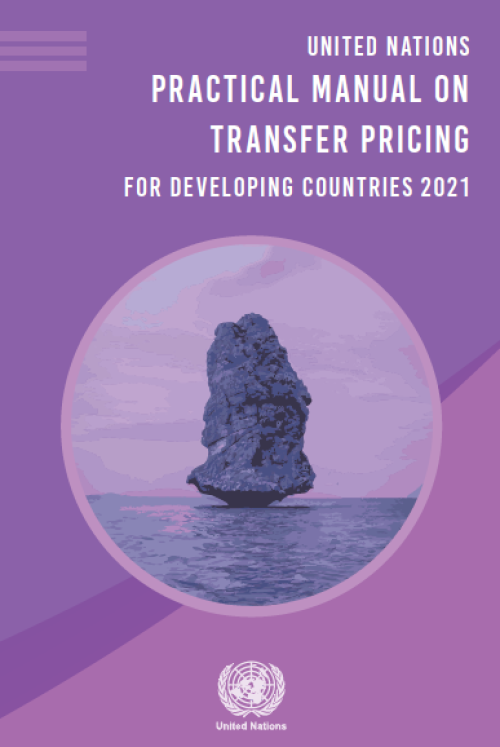
Transfer pricing is the general term for the pricing of transactions between related or associated enterprises. It should reflect the internationally accepted arm’s length principle embodied in Article 9 of the UN Model Double Taxation Convention between Developed and Developing Countries. It is particularly relevant to the global transactions of multinational enterprises, involving the transfer of goods, services and intangibles between enterprises of the multinational groups.
When transactions between associated enterprises do not reflect the arm’s length principle, profits might be shifted to low-tax or no-tax jurisdictions and losses and deductions shifted to high-tax…
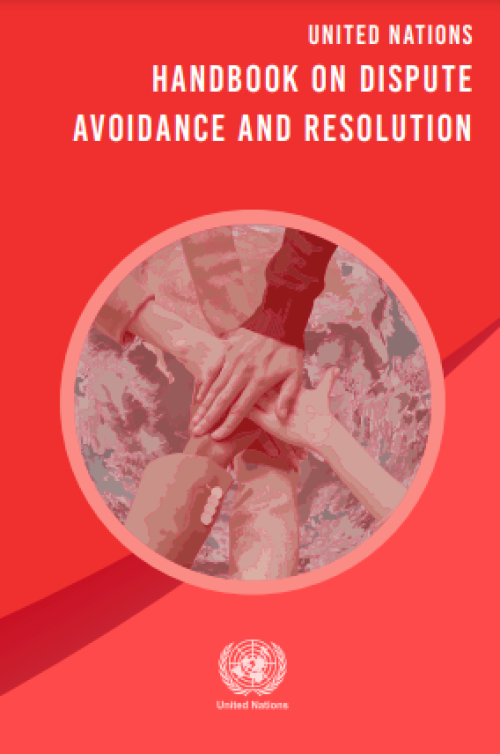
A main preoccupation of those responsible for designing tax systems is minimizing disputes concerning the interpretation and application of income tax laws and ensuring that any disputes are resolved fairly and effectively.
Particularly for tax administrations of developing countries, fair and effective resolution of tax disputes serves to balance the dual country needs to raise domestic revenues and to attract and keep foreign investment. Achieving the right balance contributes to the strengthening of domestic resource mobilization.
The new UN Handbook on Avoidance and Resolution of Tax Disputes provides guidance on the various mechanisms to avoid and, if…
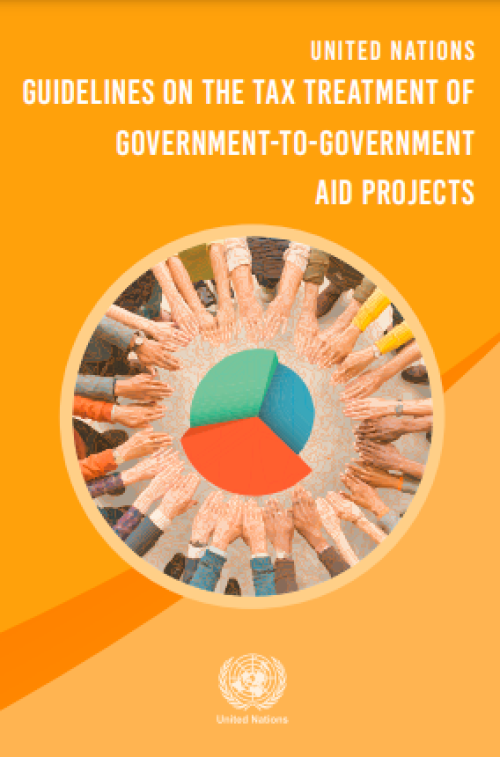
The proliferation of special tax exemptions, including tax exemptions related to government-to-government aid projects, poses a serious obstacle to developing country efforts to broaden their tax base. Donor countries are increasingly conscious of the difficulties that such exemptions create for the tax authorities, and a number of them have reconsidered their policy in this area. This trend is further encouraged by the call in the 2015 Addis Ababa Action Agenda on Financing for Development for countries to consider not requesting tax exemptions on goods and services delivered as government-to-government aid, in order to make their development cooperation more effective.
The new…
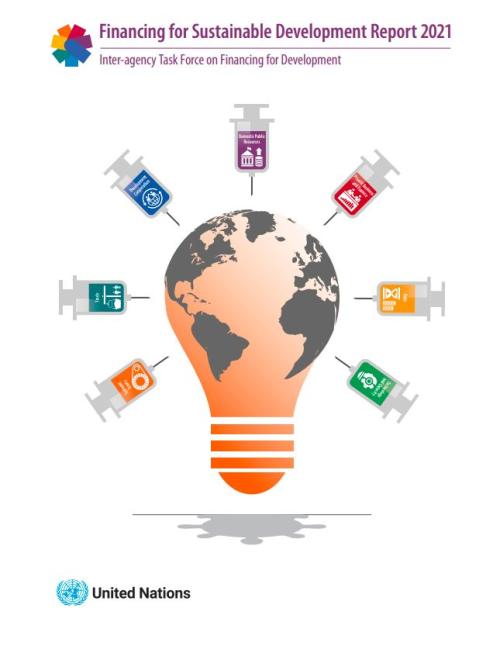
The COVID-19 pandemic is leading to an even more sharply unequal world as the development gains for millions in poor countries are reversed, according to a new report released by the United Nations today.
The Financing for Sustainable Development Report 2021 says the global economy has experienced the worst recession in 90 years, with the most vulnerable segments of societies disproportionately affected. An estimated 114 million jobs have been lost, and about 120 million people have been plunged back into extreme poverty.
Only immediate action can prevent a lost decade for development for many countries.
“What this pandemic has proven beyond all doubt is that we…
COVID-19 has disrupted all forms of human mobility through the closing of national borders and halting of travel worldwide. Preliminary estimates suggest that the pandemic may have slowed the growth in the stock of international migrants by around two million by mid-2020, 27 per cent less than the growth expected since mid-2019, according to a report by the United Nations released today.
Growth in the number of international migrants has been robust over the last two decades, reaching 281 million people living outside their country of origin in 2020, up from 173 million in 2000 and 221 million in 2010. Currently, international migrants represent about 3.6 per cent of…
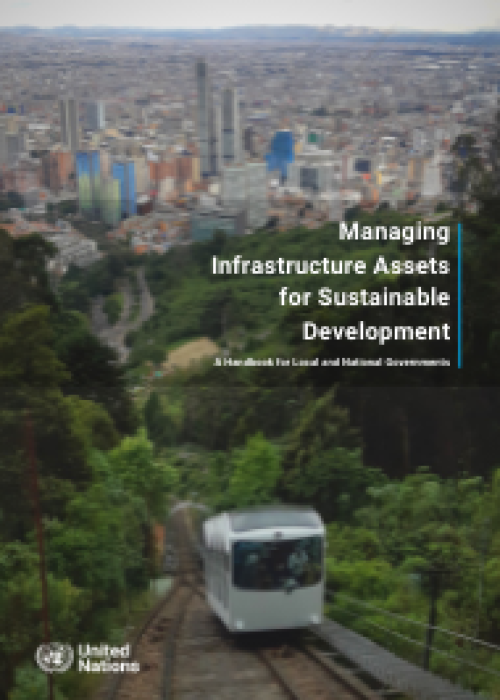
This UN/DESA-UNCDF Handbook represents a significant contribution to the Financing for Sustainable Development agenda, advancing both thought leadership and action. Finalized in the crucible of the COVID-19 crisis, the Handbook brings global visibility to infrastructure asset management as a critical, high impact area for investing in local capacities to mobilize and manage financing for sustainable development, including in emergencies.
With trendy focus on the ‘new and shiny’, old assets often go neglected, while new ones are built without putting in place effective asset management frameworks. Underinvestment in infrastructure maintenance has been estimated to cost some…
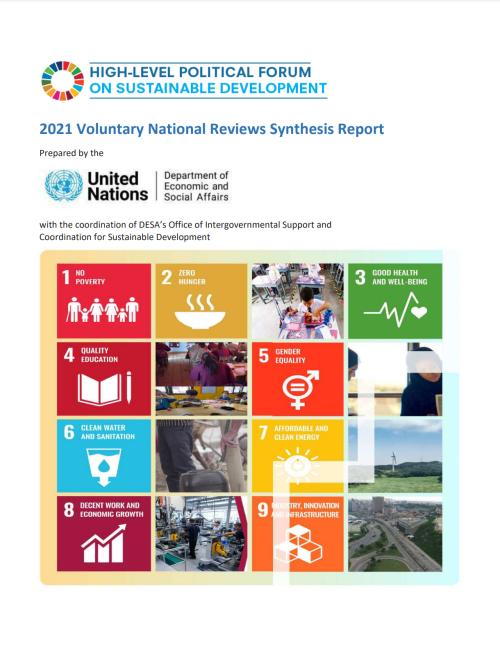
The ongoing COVID-19 pandemic and its socio-economic impacts have affected all countries in the world. In 2021, as the effects continue to reverberate across multiple sectors and are compounded by other complex threats, 42 governments recognized that this year was a crucial time to conduct a Voluntary National Review (VNR), in order to align their efforts toward a resilient recovery from the pandemic and to overcome setbacks to sustainable development. This sixth edition of the VNR Synthesis Report delivers an overview of the innovative approaches and actions taken by the 42 VNR countries that presented their progress and findings during the 2021 HLPF, which was held in a hybrid format…
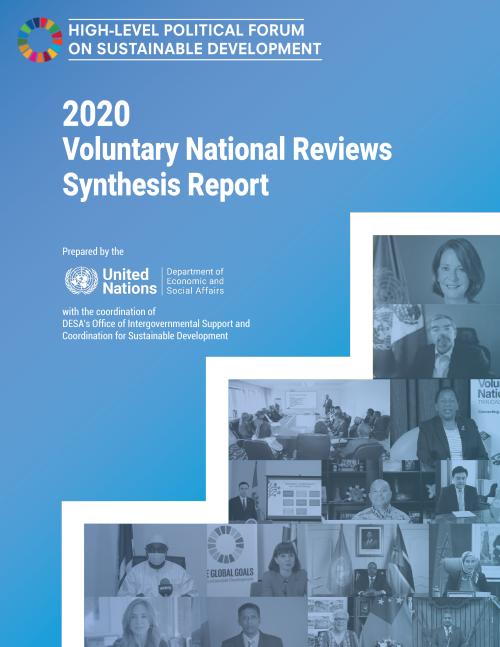
Despite the sudden onset of the COVID-19 pandemic and its global impacts, 47 countries presented their Voluntary National Reviews (VNRs) during the first virtual high-level political forum on sustainable development (HLPF) held under the auspices of the UN Economic and Social Council from 7 to 16 July 2020. Since 2016, when the first reviews were presented, a total of 168 countries have reported on their efforts to implement the 2030 Agenda for Sustainable Development and its Sustainable Development Goals (SDGs). With the launch this year of the Decade of Action and Delivery for sustainable development, some countries reaffirmed their commitment to the principles of the 2030 Agenda and…
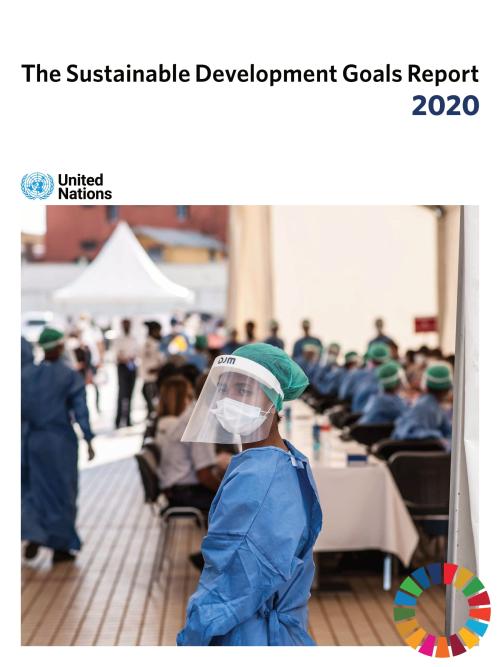
The 15-year global effort to improve the lives of people everywhere through the achievement of the 17 Sustainable Development Goals (SDGs) by 2030 was already off track by the end of 2019. And in only a short period of time, the COVID-19 pandemic has unleashed an unprecedented crisis, causing further disruption to SDG progress, with the world’s poorest and most vulnerable affected the most.
According to the Sustainable Development Goals Report 2020, released by the UN Department of Economic and Social Affairs, the world had been making progress—although uneven and insufficient to meet the Goals — in areas such as improving maternal and child health, expanding access to…
Governments must take immediate steps to prevent a potentially devastating debt crisis and address the economic and financial havoc wrought by the COVID-19 pandemic – says a new report from the United Nations-led Inter-Agency Task Force on Financing for Development.
The UN System’s 2020 Financing for Sustainable Development Report outlines measures to address the impact of the unfolding global recession and financial turmoil, especially in the world’s poorest countries. Its recommendations are based on joint research and analysis from the UN System, the International Monetary Fund, World Bank Group, and more than 60 UN agencies and international institutions.
Even before…
 Welcome to the United Nations
Welcome to the United Nations